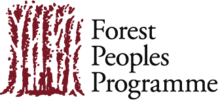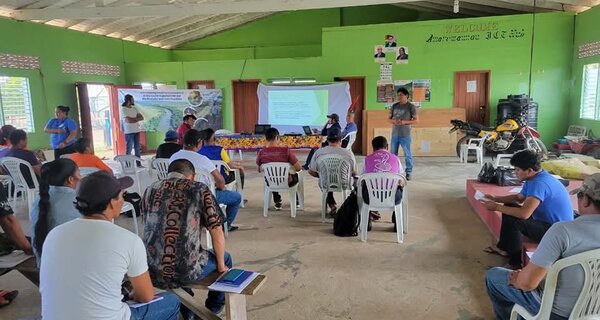
Strengthening education, cultural identity and entrepreneurship in Philipus Shikwabana: Our experience with the Indigenous Navigator community-led (microgrant) project.

About the author:
Angelic Lisanne (Lisa) Kabelefodi (Paramaribo, 1989) grew up in Paramaribo but spent all her holidays in her grandfathers’ village, Philipus Shikwabana (Philipusdorp in Dutch), an indigenous Lokono (‘Arowak’) village, previously known as ‘little Powakka’. She moved to Philipusdorp during the Covid period, where she engaged in agriculture and poultry farming. Since May 2023 she is affiliated with the VIDS office as a financial administrator. The village leader of Philipusdorp asked her to be part of the project team for their Indigenous Navigator community project. Lisa holds a bachelor’s degree in business administration from the Anton de Kom University of Suriname, and worked for 12 years as a financial assistant at the same university.
Introducing the community and the small grant project
The Indigenous Lokono village in Suriname, Philipus Shikwabana, has carried out a small grants project, titled “Improving education conditions for the Youth and Capacity development for the community of Philipus Shikwabana” that started on March 1st 2024 and ended on March 31st 2025.
The initiative was launched under the Indigenous Navigator framework, a global program that supports the rights and development of Indigenous communities, and through the Association of Indigenous Village Leaders in Suriname, VIDS. This program is funded by the European Union. The community “microprojects” projects are designed to practically take forwards some key development issues, or problems, that are identified during the Indigenous Navigator community surveys. They are lead and implemented by and for the community themselves, from start to end, including the management of the funds.
The project in Philipus Shikwabana focused on three key areas; enhancing educational opportunities for the youth; strengthening the Indigenous identity through learning the Lokono Language; and fostering sustainable community development. It included homework support for elementary school children, tutoring for secondary school students, Lokono language lessons, various training courses for the community creating small businesses and setting up an education center in the village.
Homework support and tutoring for school children
Philipusdorp has been struggling with an increasing number of drop-outs in recent years. The primary school located in a nearby village lacks the necessary educational materials, teaching aids, computers, and other learning tools. Students also face challenges when it comes to accessing higher education. With limited options for secondary schools nearby Philipus Shikwabana, some students are forced to relocate to urban centers to continue their studies. This can be financially burdensome for families, and some students face difficulties adjusting to life in the city, contributing to higher dropout rates, because they are not motivated and suffer from low self-esteem. The project activities to address these challenges and to improve the education conditions for the youth included homework support and tutoring, motivational sessions, and ICT training.
“Children need the right guidance for a goal-oriented study career.”
- Wendy Biswana, elementary school teacher, member of the project team, coordinator of the activity ‘Homework support and tutoring lessons’.
Education center for the benefit of the whole community
An education center, annexed to the existing community hall, was set up under the project, with an ICT room and a library room. This room also serves as a learning center for the community. The opening event of the education center took place on 28 March 2025.
“The Education center brings our community together. It’s a place where children discover the joy of reading, gaining digital skills through ICT, and where young people and adults can access training that supports community development. It’s not just only about education, but about building a stronger community, together.”
- Gladys Kabelefodi, village leader of Philipus Shikwabana.
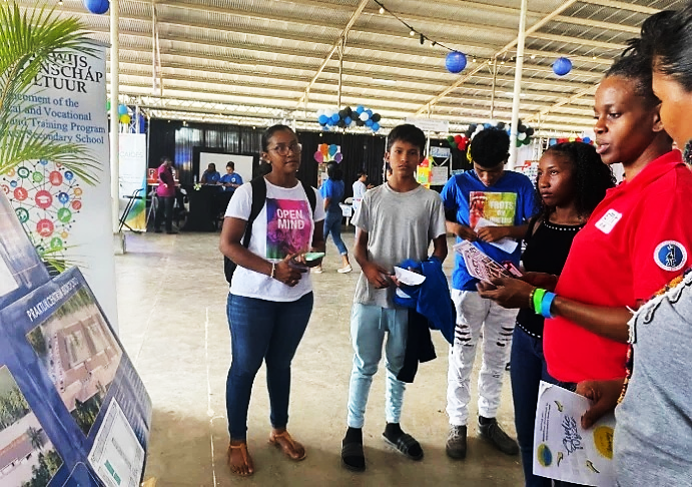
Lokono Dian language lessons and theatre performance
The project also included Lokono language courses for the community to address the loss of the indigenous language. The Lokono courses were given for a period of 10 months and included 28 lessons. By using creative and culturally relevant examples and materials, such as Indigenous music, dance and art related to our culture and nature, the children and adults that participated in the training, learned some of our cultural traditions.
We were successful in engaging the young children in learning the Lokono language faster. The course ended with a cultural event in December 2024, which involved singing, dancing and a theatre performance, in which the Lokono language was central.
‘I really enjoyed learning my mother tongue. I had trouble remembering the words in the beginning, because they’re a bit difficult to pronounce, but now I can count to 10, greet in Lokono and sing the Arowak songs I learned. I also taught my friend how to greet and count in the Lokono language. He is also Arowak, but does not know the language. I am happy that I was able to help him with his presentation on the Lokono language and culture.”
- Joshua Williams, youth participant of the Lokono language course.
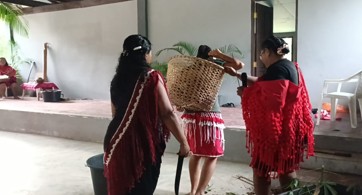
Training for community entrepreneurs
Responding to the gaps and needs identified in the surveys, the Navigator community project included various training courses for community members, to build skills and knowledge on creating small businesses and building long-term capacity in the village. The participants successfully worked on writing a business plan including making a financial plan to measure the feasibility of their plan. Most participants have already started their small business, which ensures growth and development of our community.
Mellanie Nojotaroeno, owner of Shani's Merto Food & Snacks, was one of the participants of the entrepreneurship training, and shared her experience:
“Before I started the entrepreneurship training, I was already actively involved in the food business. I was already selling food and snacks from home and I knew there was a demand for my food. But what I lacked was a clear structure and a plan to really build and grow my business professionally. The entrepreneurship training has given me exactly that. I learned how to substantiate my ideas with a good market analysis, how to describe my target group more clearly, and how to position my product more strongly. What I also found very valuable was presenting my business idea, something I had trouble with in the beginning. Through the exercises and feedback moments, I have become much more confident in myself.
The training has helped me to look at my business in a different way. Not just as something I do on the side, but as a serious business with potential. I have learned to make choices based on numbers, plans and strategy, instead of just feelings. As a result, I now know much better what my next steps are and how I want to grow further. This training has made me a more conscious and stronger entrepreneur. I have more confidence in my own approach and look with pride at what I have achieved so far and especially at what is yet to come."
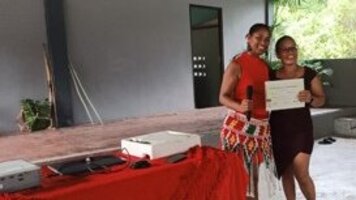
Conclusion: lasting project impacts and role model for other communities
The experience in Philipus Shikwabana has been very positive. We were able to increase school performance, reduce dropout rates and strengthen the indigenous identity and language levels.
The project strengthened the social cohesion within the community. All activities ensured that the community came together and we got to know each other better. Philipus Shikwabana now has a trained project team with members from our own community. The project team has learned to execute and manage the project activities and financial reporting in consultation with VIDS and the village board of Philipus Shikwabana. We are now capable to manage a project independently, we have learned to write a project proposal and to make our own financial and narrative reports.
The involvement of the community of Philipus Shikwabana has been remarkable. Parents, teachers and village leaders worked together to ensure that the activities met the real needs of the community, in particular the youth. This project also got a lot of positive feedback from the community, other Indigenous villages, local duty bearers and teachers, who witnessed the children being motivated and increased school performance since the start of the project.
"This project has had a positive impact on the youth. We have also discovered many talents within the community, because this project was mostly carried out by community members themselves. One achievement I like to share, is the establishment of various small businesses in the community following the entrepreneurship training. In particular a soon-to-open restaurant in our village, which will also promote tourism and have a positive impact on other sectors, such as poultry farming and agriculture."
- Lisa Kabelefodi, project coordinator of Philipus Shikwabana and entrepreneurship training facilitator.
The project team hopes that this approach can serve as a model for similar efforts in other Indigenous villages in Suriname. By promoting local ownership and investing in youth, this initiative has laid the foundation for long-term, community-led development.
Overview
- Resource Type:
- News
- Publication date:
- 27 June 2025
- Region:
- Suriname
- Partners:
- Association of Indigenous Village Leaders in Suriname (VIDS) - Vereniging van Inheemse Dorpshoofden in Suriname
